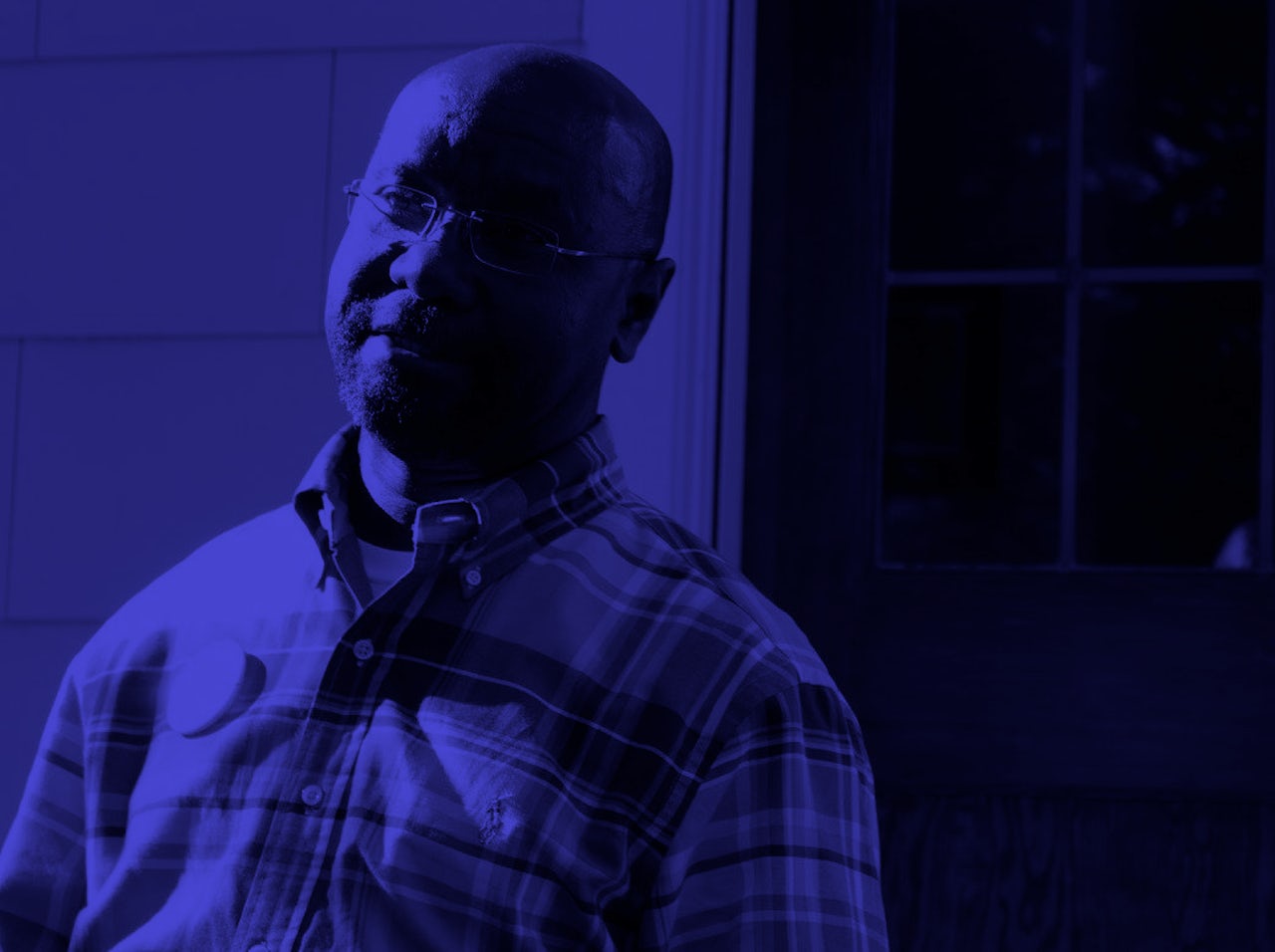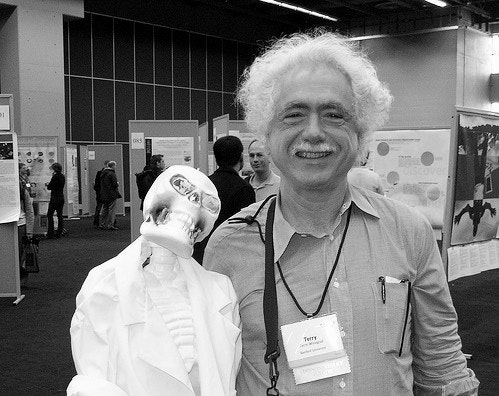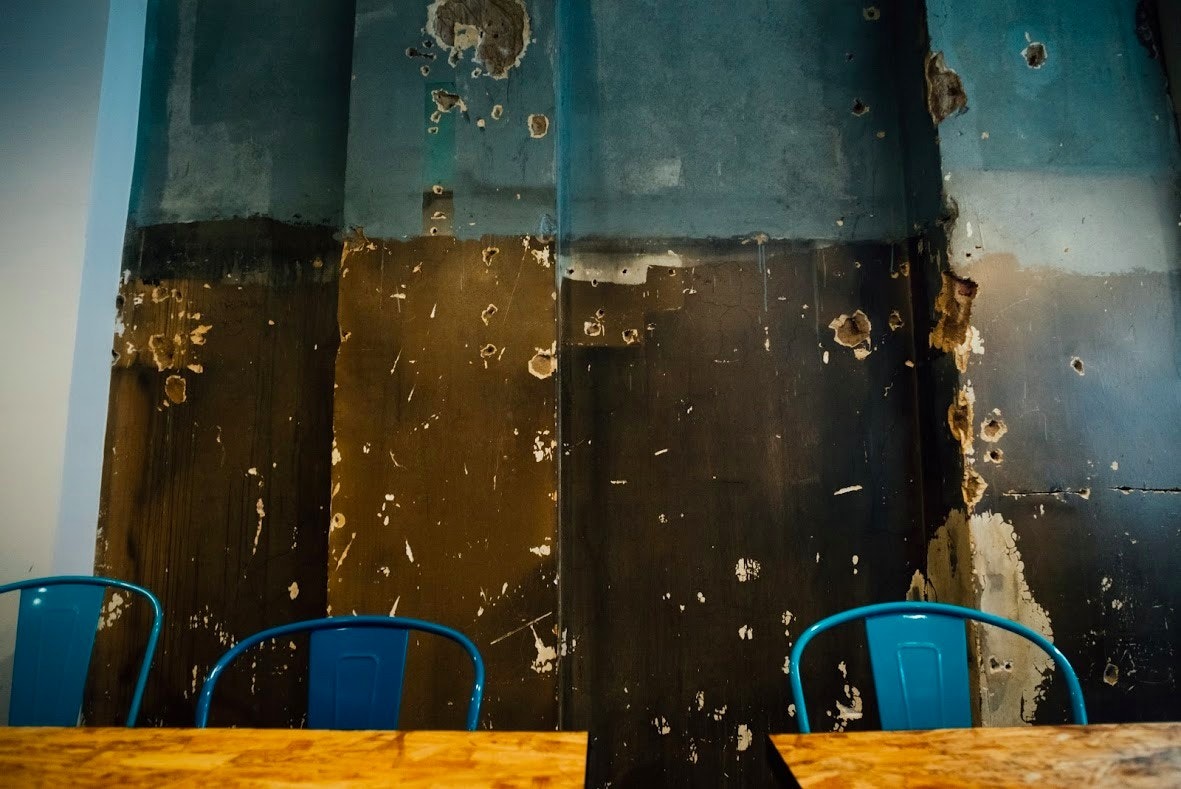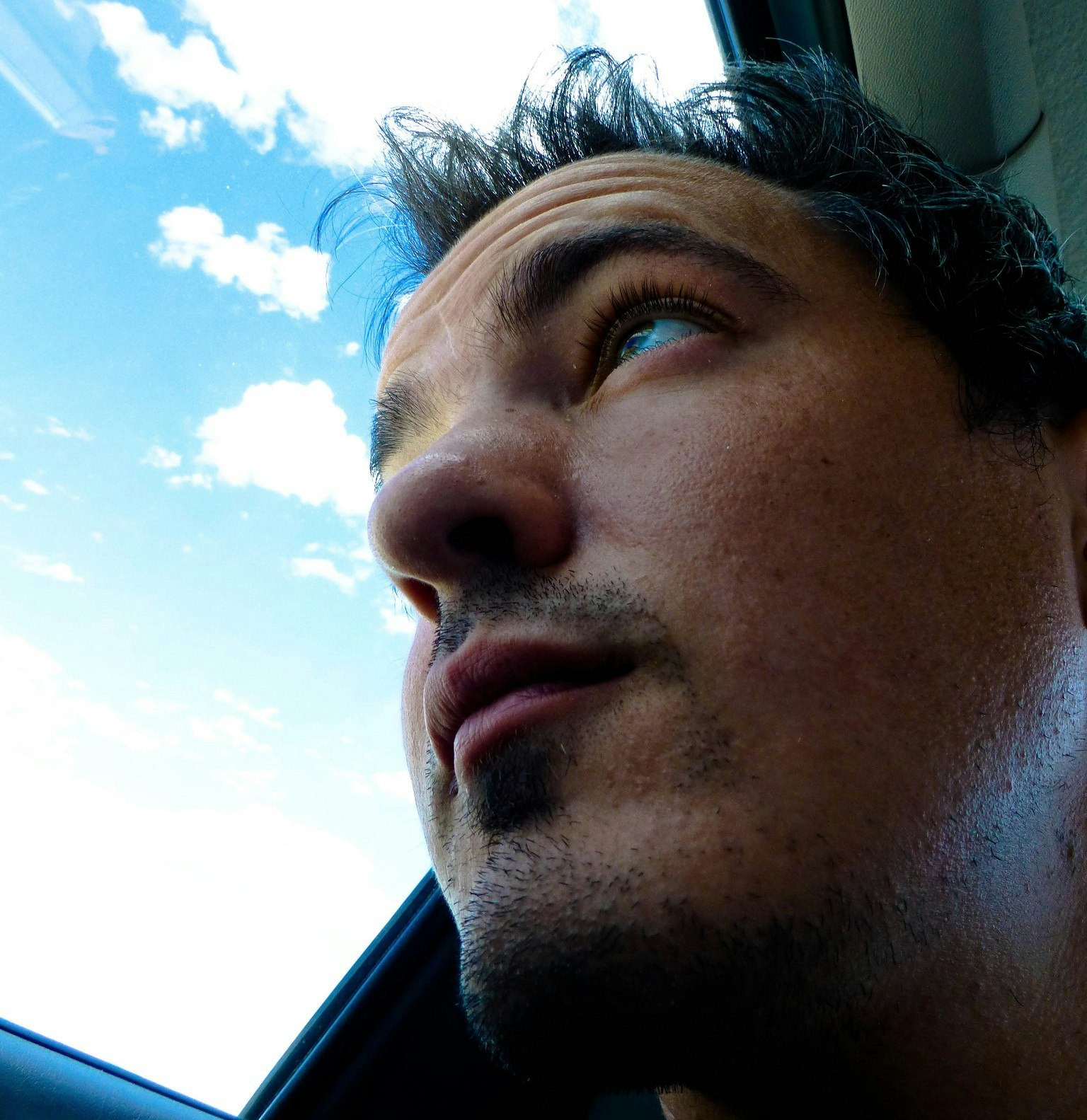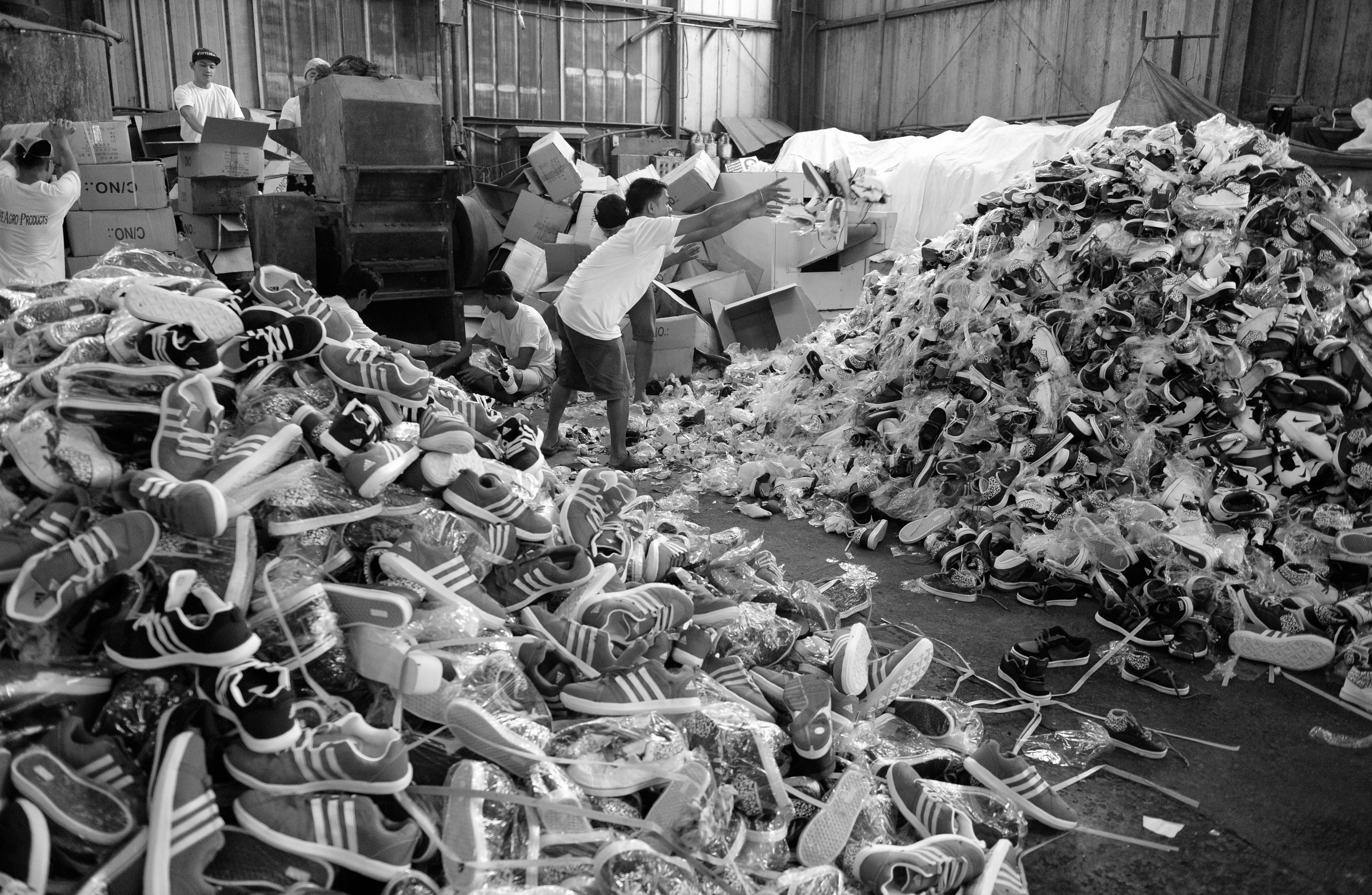In 1994, Wilmot Collins was a 31-year-old refugee who had resettled in Montana after escaping civil war in Liberia. After undergoing over two years of grueling vetting by the U.S. government, he joined his wife in Helena, Montana and met his daughter, by then a toddler, for the first time. Twenty-three years later, Collins and his wife have raised two children in Big Sky Country, where he works for the state's child protective services and is a regional advocate for refugees. But earlier this week, he also made history.
On November 7, Collins was elected mayor of Helena, a city of just over 30,000 people, beating incumbent James Smith, who had held the position for 16 years. In winning the city's nonpartisan election, Collins, who leans Democrat, became the state’s first black mayor since E.T. Johnson was elected Helena's mayor in 1873.
As a black woman who recently moved to Montana, I was excited and even surprised by his win. With African-Americans comprising only 0.6 percent of the population, Montana is America’s least black state. That, combined with the spike in blatant racist, anti-refugee rhetoric and policy decisions from the past year, makes Collins’ win a multi-faceted triumph.
On Election Day 2017, many Americans were searching for a reason to have faith in their nation’s democracy. Collins’ win, along with the many other historic, progressive wins that occurred that night, is a symbol of hope for progressives and anti-racists. Exhausted after a day of fielding calls from well-wishers and reporters like myself, Collins spoke to The Outline by phone from Helena about falling in love with Montana and his journey to becoming its first black mayor in more than a century.
So first off, congratulations! How did you celebrate?
We had a watch night. We went to a local Mexican restaurant. We put up a TV, friends and family came over, and we waited for the results. And when the results came in, cigars were shared around with everybody. I came home thinking I would be able to sleep and by 4 o’clock this morning I started getting all these calls.
From the media or from well-wishers?
From the media, from elected officials, governors, senators. It’s just been ongoing.
Did Obama call you?
No, no, no, (laughs).
Did you know when you were running that if you won you would be Montana’s first black mayor [since 1873]?
You know, I never thought about any of that. I’ve lived here 23 years. Helena is sort of small and so when I was [running] I was doing it because I saw some issues that I thought I could help with. I still remember President Obama saying, “If you can’t get involved, don't complain.” I have my issues that I was passionate about. I want to bring them to light, and what other way to do than to get involved?
Is that designation [as Montana’s first black mayor in so long] significant to you?
I didn’t think about it before but now thinking about it yeah, it is. The national media have gone crazy with this. My son who loves politics is all over it. Yeah, I think it’s finally hitting home that, wow, this could be something.
Did the issue of race in Montana come up while you were campaigning?
We had the last Confederate fountain in the Pacific Northwest in Helena. I did a lot of door knocking [when] the mayor and the commissioners decided to take the Confederate fountain down. And most people wanted my opinion or my view on the issue. I told them, two years ago I was one of those that decided not to remove the fountain. I told the commissioners and the mayor at the time let’s put up a plaque up explaining our history to our kids and grandkids. We had a dark past but we can move forward, so let’s explain what the Confederate fountain is about. And two years later they didn’t. And then what happened in Charlottesville... when we realized that this was the last fountain in the Pacific Northwest — and part of my platform was talking about the increase in teenage homelessness — I just thought this would have been a breeding ground for the different [supremacists] and nationalists coming here, gathering around the fountain, recruiting our homeless teens. And when they had a public hearing again, I went there and said, “At this time I’m in for the removal of the fountain for the safety of this community.” It was removed the very next day.
Over the past year racist and xenophobic rhetoric has become more public and more out there. Did that play into your consideration to run at all?
No, it didn’t. I had been thinking about this way before the past year and a half. So when I decided to [run], that didn’t play any role at all. I was just trying to do something in my local community. I listened to the call and I was trying to do it. But now I see that it’s bigger than what I had intended.
I’m new to Montana. I’m black. Montana does not have a large black population, so before I moved here I was nervous about finding community. What would you have told me before I moved to Montana?
I would’ve told you — what’s your name again?
My name’s Ann.
I would’ve told you, Ann, moving to Montana — it’s a beautiful place, it’s a beautiful state, but you must have thick skin. Because people tend to get pretty bold about how they feel and they’re not tactful about it. And they will say things. Even the kids. I’ve had some of the kids rub my hand thinking my color would remove from it. But it’s not that they were being mean about it. I think they just didn’t know. They had never seen someone of this color and they wanted to see whether I had marked myself up to be they way I am. Some people would be very offended by that, but I wasn’t. I just thought, Wow, we need to talk to the kids about what’s going on because they are sheltered. I know. My kids were born here in Helena and they were sheltered. I’ll say [have] a thick skin, because people just don’t know. The majority of the people are still sheltered about race and relations.
Before you had settled here did you know anything about Montana?
No. The first time [I heard of it was from] my wife [who] was an African exchange student from Liberia. She came to Montana and she did a senior year at Helena High and then went back to Liberia. I saw her at the university and we started dating. And when we fled Liberia then she finally said, “You know, I have family in Montana.” And I said, “Where is that?” She contacted her family that she had lived with for the year. They contacted Carroll College and Carroll awarded my wife a full scholarship to do nursing. That’s how my wife came, and she came pregnant. I had to go through the refugee process — the vetting process — and that process took me two years and seven months. When I first saw my daughter she was one month from two years old. I didn’t know about Montana before coming. But I’ve never left since I’ve been here because, like I tell people, Montana, Helena, grows on you.
How has your perception of Montana changed over the two decades you’ve been here?
When I first came I battled with some crazy racist stuff. People marked my home with “KKK,” “go back to Africa.” But the unique thing about what happened after — what kept me here, kept me and my family grounded — was the fact that my neighbors got together and washed my wall down. When people burned my car, they were out there watching out for us.
You can experience racism anywhere and almost everywhere in America. But would you be able to get the response or the reaction or the solution that I got? That’s far and few in between. So over the years I’ve come to realize that just this sheltered community didn’t know.
Montana has a lot of [supremacists] and a lot of different extreme groups. They follow the rhetoric that they hear on the different news media, Fox News or whatever, and they run wild with it. But over the years I’ve come to realize that Helena is a beautiful place. Every year for the last 10, 15 years, every year I go to all the high schools here in Helena and talk to them about Africa. I talk to them about things that I went through. I talked to them about my experience. And you will be surprised at how they’re just hungry for such knowledge, because you can’t get that kind of knowledge anywhere else but from the person who lived and experienced it.
What’s your big goal for your time as mayor?
I’m going to immediately start working with this commission to look at the budget and see how we can reallocate funding. Because our firefighters and our providers of essential services need to be funded, and that’s been lacking. In the last year plus there have been 75 calls that a firefighter had to put on delay because they didn't have the manpower to go to. And of those 75 calls, there were 15 they just did not attend. Can you imagine? When people call for emergency help they’re not joking about it. There is an emergency and when you hear, OK we’ll get to you when we get to you, or they just don’t show up at all because they don’t have manpower, that’s dangerous. The safety of this community is now in my hands. And we can’t function without a funded fire department or police force.
Is there anything else?
I want to thank the Helena community for entrusting me to the city. I intend to work with them to bring about the needed changes. I intend to work with the county commissioners, I intend to work with the civic commissioners, and collaborate with the business community to make Helena a more viable and vibrant community.
